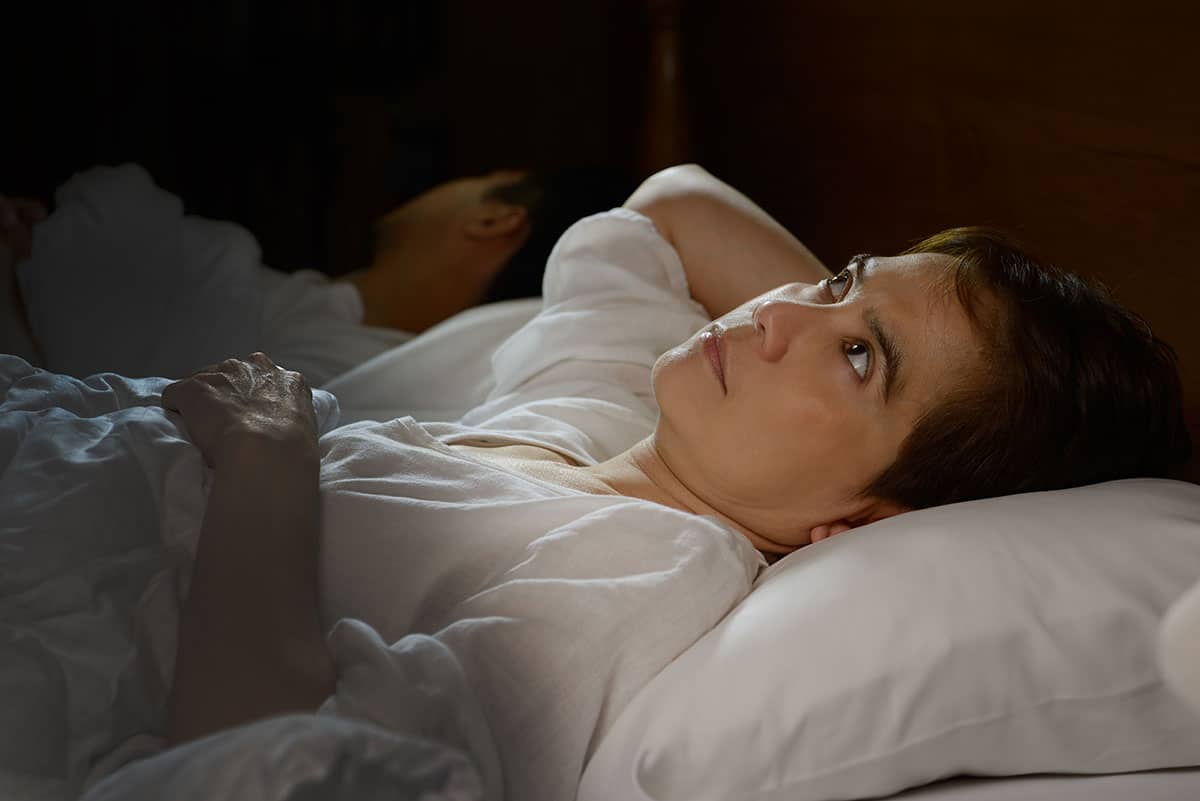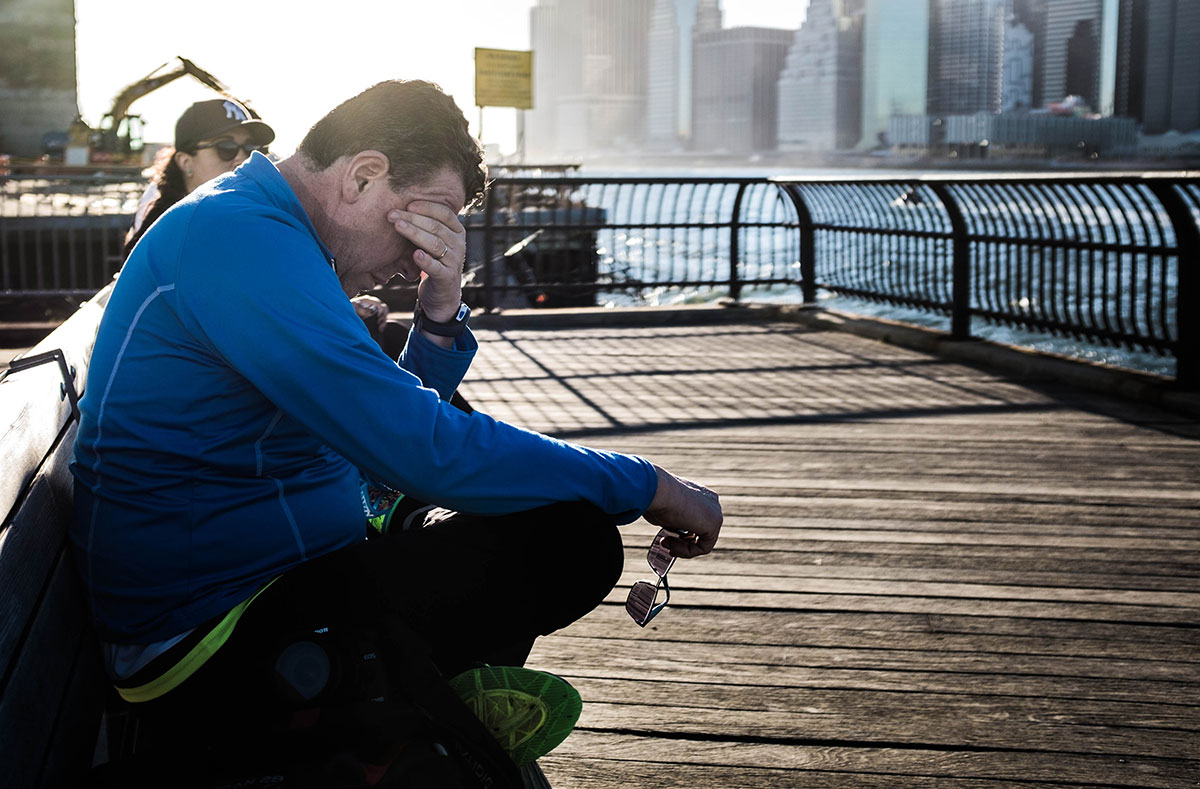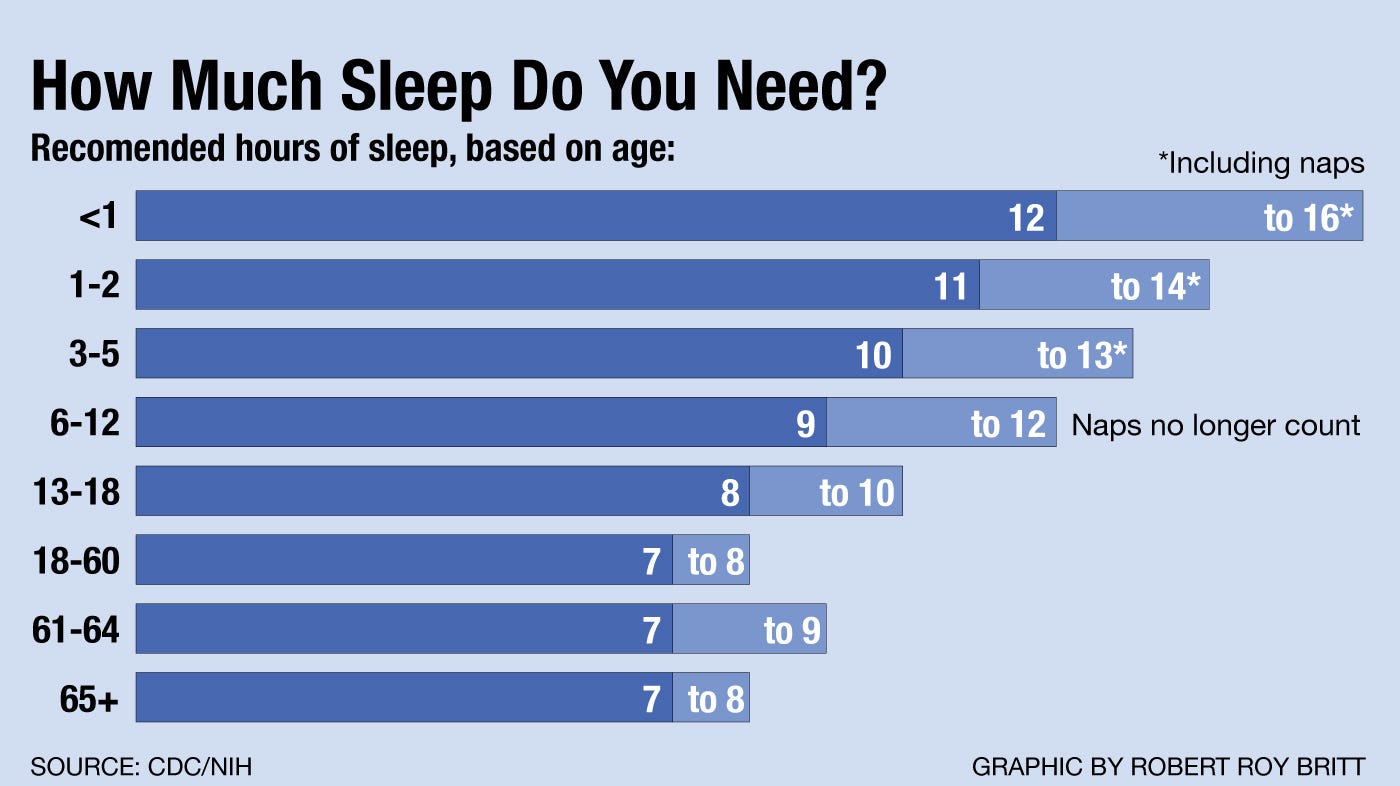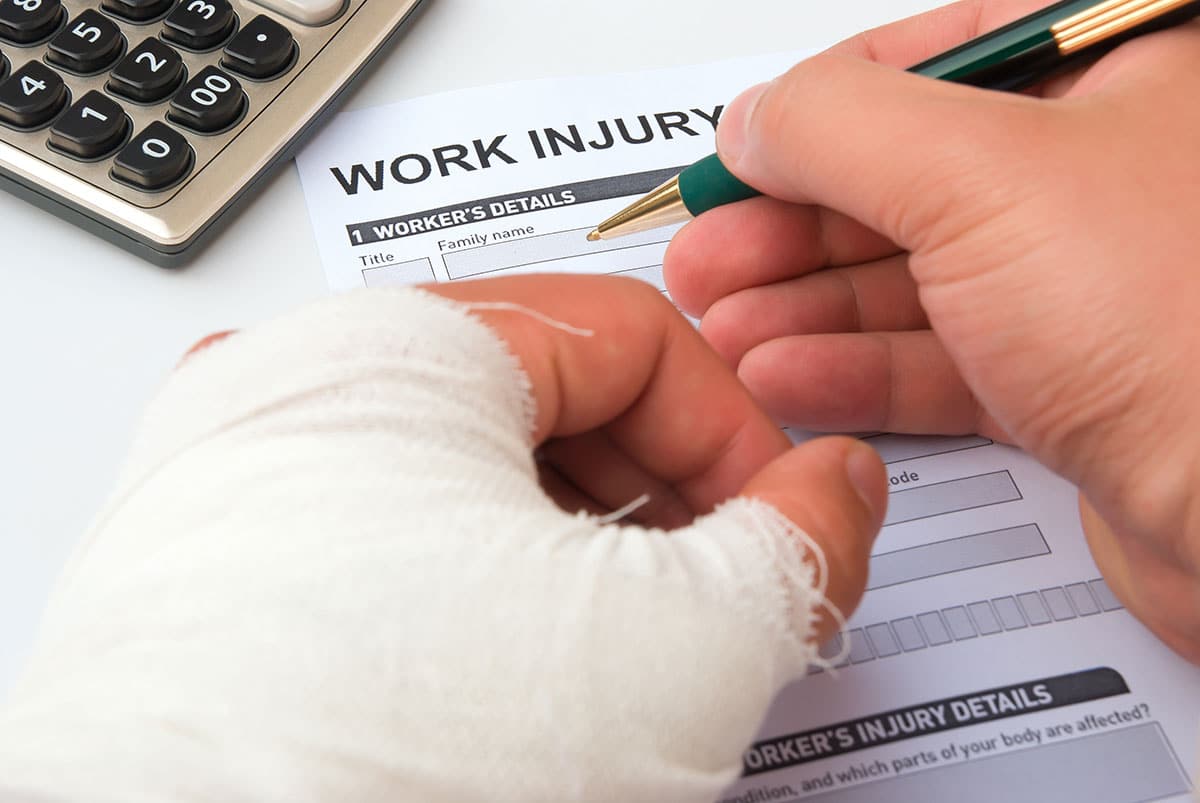One-third of adults in America don’t get the recommended seven hours of sleep. Even worse, those who aren’t getting consistent sleep could be suffering from a sleep disorder.
Some mistake insomnia as episodic — a major reason why it’s a commonly undiagnosed sleep disorder. People suffering from this condition don’t realize it is an actual sleep disorder that requires a sleep specialist.
Prolonged sleep deprivation can make you feel miserable, but can you die from insomnia?
What is Insomnia?
Insomnia is a sleep disorder characterized by the inability to fall asleep or get a good night’s rest. Many people experience intermittent insomnia throughout their life. Intermittent insomnia is linked to stress brought on by significant life changes, poor sleep environments, or illness.
Insomnia Symptoms:
- Waking up very early in the morning
- Drowsiness during the day
- Low energy and fatigue
- Poor or inconsistent mood
- General malaise
- Headache and nausea
- Decreased attention span and concentration
A combination of factors contribute to insomnia, including medications, mood disorders, GERD, alcohol use, and caffeine intake. Inconsistent sleep habits, eating before bed, genetics, and other disorders, like sleep apnea, also cause insomnia.
Related: The Surprising Connection Between Sleep And Mental Health
How Many Hours of Sleep Should I Get Per Night?
The amount of sleep you need varies depending on age. The following sleep chart provides the average hours of sleep per night by age group. However, some people require more sleep.
Every person has different sleep needs, and needs change over time. If you’re recovering from an illness or stressful event, you’ll need more sleep than if you’ve been healthy and living in a stress-free environment.
The best way to know if you’re getting enough sleep is to evaluate how you feel during the day. If you’re experiencing constant daytime drowsiness, fatigue, or lack of attention, you might be experiencing sleep deprivation. If you fall asleep within minutes of your head hitting the pillow, you may also be sleep deprived.
Is Sleep Deprivation Fatal?
Scientists aren’t exactly sure how long people can go without sleep. Lab studies find rats die within 11-32 days of constant wakefulness, even without an apparent anatomical cause.
Other research finds persistent low-quality sleep is associated with mortality. Some insomnia symptoms, especially difficulty initiating asleep and non-restorative sleep, are associated with a modestly higher risk of mortality. Another study finds older adults who take over 30 minutes to fall asleep have double the mortality risk of non-insomniac counterparts.
So if sleep deprivation itself isn’t causing death, is there a correlation? Yes.
Workplace Accident and Injury
Sleep deprivation was partially responsible for some of the most notable work-related accidents in history, including the Exxon oil spill, plane crashes, and the Chernobyl disaster.
Long shifts without breaks and working overnight lowers awareness and reaction times, causing more frequent accidents and injuries.
Automobile Accidents
Sleep deprived drivers are at a high risk of dozing off. It only takes seconds for a sleepy driver to veer off the road or get in the path of another vehicle. Drowsy driving and falling asleep are responsible for an estimated 6,000 fatal car accidents every year in the U.S.
Heart Disease
Chronic insomnia and other sleep disorders increase risk of cardiovascular disease and heart attacks, leading causes of death in the United States.
Insomnia and sleep apnea might increase your risk of cardiovascular disease and heart attack because sleep loss increases C-reactive protein (CRP) in your bloodstream. CRP is a marker of systemic inflammation. Inflammation can damage your heart and the lining of your blood vessels over time.
Obesity
A lack of sleep is also correlated with a higher risk of obesity. Chronic exhaustion can lower your baseline metabolic rate. It also can disrupt your hunger and satiety hormones.
Obesity can increase your risk of obstructive sleep apnea (OSA). The combination of insomnia and OSA means that once you finally fall asleep, you’ll be interrupted throughout the night when a blocked airway repeatedly stops your breathing.
Can Insomnia Be Cured?
Not giving your chronic insomnia the attention it needs can increase your risk of death, and it is not a mistake you can afford. If your persistent lack of sleep is negatively affecting your life, there are many solutions available to treat your specific condition.
Our specialists at Sleep Centers of Middle Tennessee will help you find the reason you aren’t sleeping well and how to treat it. We have been specialized in sleep for over 25 yours and will work closely with you to ensure you get the rest you need. It’s time to find a solution for your restless nights.
Resources:
Everson CA, Bergmann BM, Rechtschaffen A. Sleep deprivation in the rat: III. Total sleep deprivation. Sleep. 1989;12(1):13-21. doi:10.1093/sleep/12.1.13 https://pubmed.ncbi.nlm.nih.gov/2928622/
Li, Y., Zhang, X., Winkelman, J. W., Redline, S., Hu, F. B., Stampfer, M., Ma, J., & Gao, X. (2014). Association between insomnia symptoms and mortality: a prospective study of U.S. men. Circulation, 129(7), 737–746. https://doi.org/10.1161/CIRCULATIONAHA.113.004500







